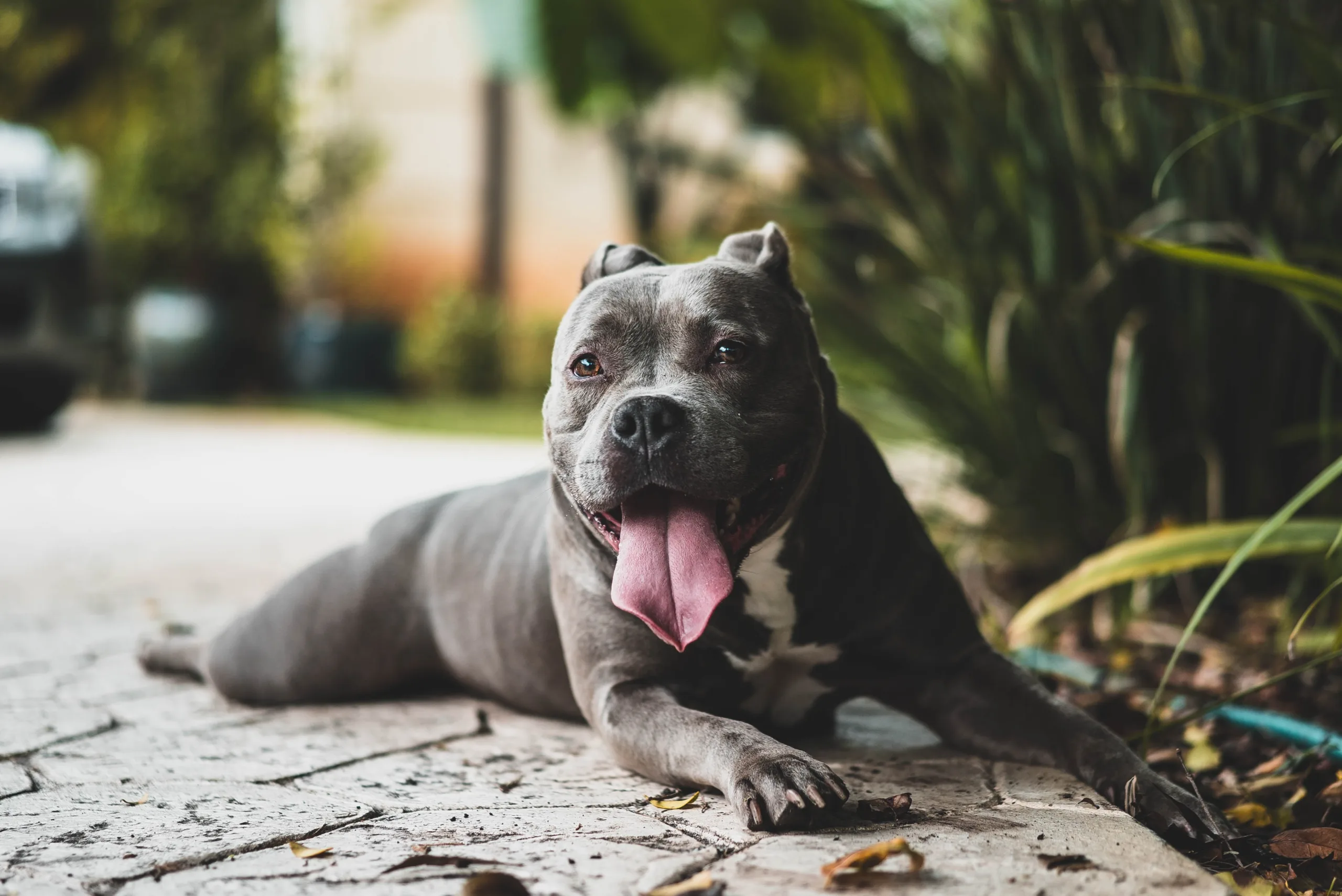Introduction
Dogs are a constant source of fascination with their myriad of behaviors and quirky habits. One such behavior that captures attention is when a dog’s mouth quivers or shakes after licking something. This peculiar reaction raises questions about its significance and underlying causes. In this article, we embark on a journey to uncover why dogs’ mouths quiver after licking, exploring various scenarios that trigger this behavior.
For more about dogs click here
Licking as a Communication Tool
Dogs communicate not only through vocalizations and body language but also through their sense of taste and smell. Licking is a multi-purpose behavior for dogs, serving functions such as grooming, bonding, and information gathering. Understanding these aspects can shed light on why their mouths might quiver after engaging in licking.
The Quivering Phenomenon: What Causes It?
The quivering of a dog’s mouth after licking can be attributed to a combination of factors. While the exact cause can vary based on context and individual differences, it’s generally associated with heightened sensory experiences or emotional responses triggered by the act of licking.
Sensory Overload: Quivering After Smelling
Dogs have an extraordinary sense of smell that allows them to detect a vast array of scents. When a dog smells something particularly intriguing or potent, it can lead to sensory overload. The quivering or shaking of the mouth that follows could be a physical manifestation of their heightened sensory response.
The Urine Connection: Quivering After Licking Pee
Dogs have a unique habit of licking various objects, including other dogs’ urine. This behavior is rooted in their instinct to gather information about other animals through scent. If a dog’s mouth quivers after licking urine, it could be due to the potent scent and the sensory stimulation it provides.
Social Bonding: Dogs Licking Each Other’s Mouths
Licking plays a significant role in social bonding among dogs. When dogs lick each other’s mouths, it’s a display of affiliation and affection. The quivering that sometimes follows could be a reaction to the sensory input, especially if the interaction is emotionally charged.
Quivering and Affection: Shaking After Human Interaction
Dogs often display physical reactions to emotional experiences, and interactions with humans can trigger intense emotions. If a dog’s mouth quivers after receiving affection or being kissed by a human, it could be a response to the sensory and emotional stimuli.
FAQs About Dogs’ Quivering Mouths
1. Why does my dog’s mouth shake after licking?
The quivering of a dog’s mouth after licking can be a response to heightened sensory experiences or emotional stimuli associated with the act of licking.
2. Why does my dog’s mouth quiver after smelling something?
A dog’s mouth might quiver after smelling something intriguing due to sensory overload and heightened olfactory stimulation.
3. Why do dogs quiver their lips after licking pee?
Dogs gather information through scent, and the quivering of their lips after licking pee could be a response to the potent scent and sensory input.
4. Why do dogs lick each other’s mouths?
Dogs lick each other’s mouths as a social bonding behavior, showing affiliation and affection. The quivering could be a reaction to the emotional significance of the interaction.
5. Why does my dog shake after I kiss him?
Dogs can display physical reactions to emotional experiences. The shaking after being kissed might be a response to the sensory and emotional stimuli associated with the human interaction.
Navigating the Quirks: Understanding Canine Behavior
The intricacies of canine behavior often reflect their sensory experiences, emotions, and instincts. While quivering mouths after licking might remain partly mysterious, observing the context and your dog’s overall behavior can offer insights into their responses.
Conclusion on Why Do Dogs Mouths Quiver After Licking?
Dogs’ quivering mouths after licking add another layer of charm to their already captivating behaviors. This quirk is a testament to their sensory richness and emotional depth. While it might not have a single definitive explanation, appreciating the multifaceted nature of this behavior allows us to understand and connect with our canine companions on a deeper level.
Click here for more
